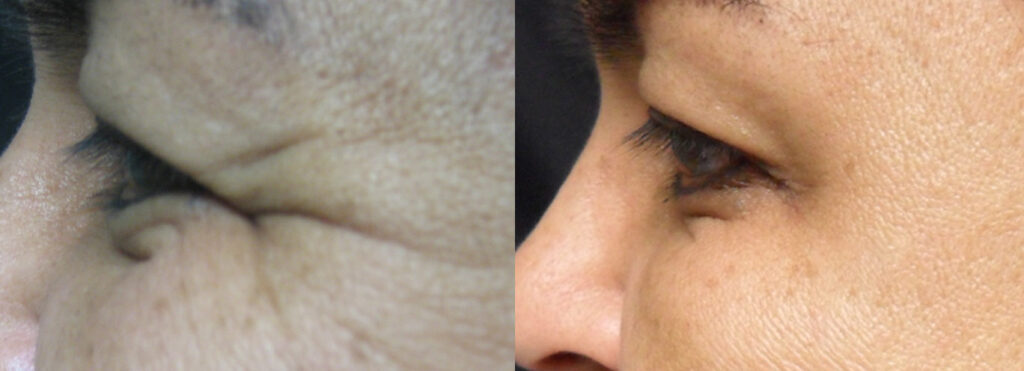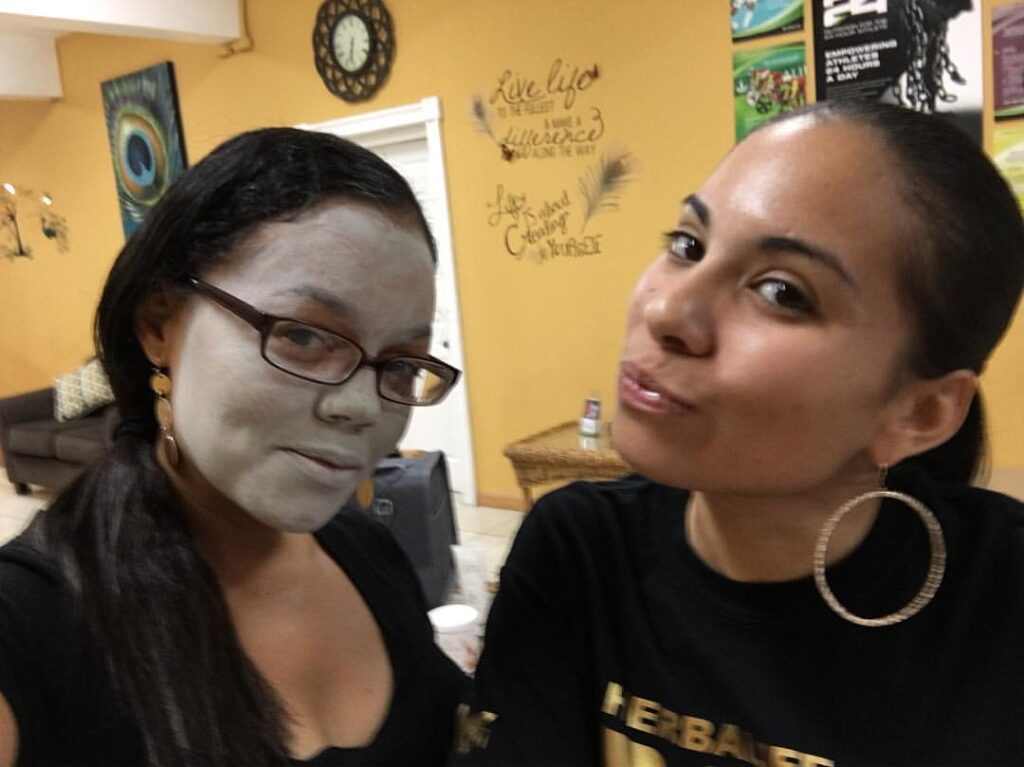
Retinol often feels like a skincare buzzword, but despite its popularity, many myths surround this potent ingredient. If you’ve been hesitant to incorporate retinol into your routine due to common misconceptions, it’s time to clear the air. Here’s a straightforward guide to understanding the truth about retinol and how it can benefit your skin.
Myth 1: Retinol Is Only for Aging Skin
One of the most pervasive myths is that retinol is only necessary for mature skin. In reality, retinol can be beneficial for all skin types and ages. It helps to accelerate cell turnover, reduce the appearance of fine lines, and improve overall skin texture. Whether you’re in your twenties or beyond, incorporating retinol can help maintain healthy, youthful skin.
Myth 2: Retinol Makes Your Skin Thin
There’s a concern that retinol can thin the skin, but this is a misunderstanding. Retinol actually promotes the production of new skin cells and collagen, which can lead to thicker, more resilient skin over time. However, it’s important to use it correctly and follow a balanced skincare regimen to avoid potential irritation.
Myth 3: Retinol Is Too Harsh for Sensitive Skin
While retinol can initially cause some irritation, it doesn’t mean it’s off-limits for sensitive skin. Starting with a lower concentration and gradually increasing usage can help your skin build tolerance. Additionally, using a moisturizer and applying retinol at night can minimize irritation and protect your skin.
Myth 4: You Can Use Retinol and Vitamin C Together
A common belief is that retinol and vitamin C cannot be used in conjunction. However, many people successfully use both in their skincare routines by applying them at different times of the day. Vitamin C in the morning and retinol at night can complement each other, providing antioxidant protection and promoting skin renewal.
Myth 5: Retinol Is Only for Acne-Prone Skin
Though retinol is widely known for its acne-fighting properties, its benefits extend far beyond treating acne. It helps to unclog pores, reduce hyperpigmentation, and improve skin tone and texture. Whether you’re dealing with acne, dark spots, or uneven skin texture, retinol can be a valuable addition to your skincare routine.
Myth 6: You’ll See Immediate Results
Patience is key when using retinol. Unlike some skincare products that offer quick fixes, retinol works gradually. It takes time to see visible improvements, so consistency and persistence are essential. Generally, noticeable results begin to appear after a few weeks to months of regular use.
Conclusion
Retinol is a versatile ingredient that can offer numerous benefits for various skin types and concerns. By debunking these myths, you can make more informed decisions about incorporating retinol into your skincare routine. Remember to start slow, use it consistently, and enjoy the transformative effects it can bring to your skin.
Image Credit : Botox by Clinique of Plastic Surgery is licensed under CC BY 2.0


